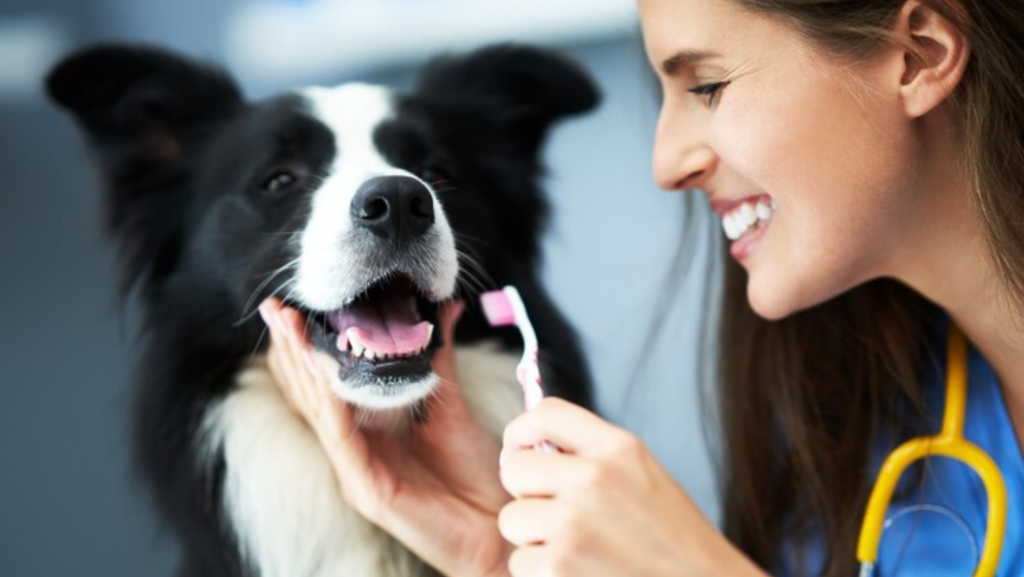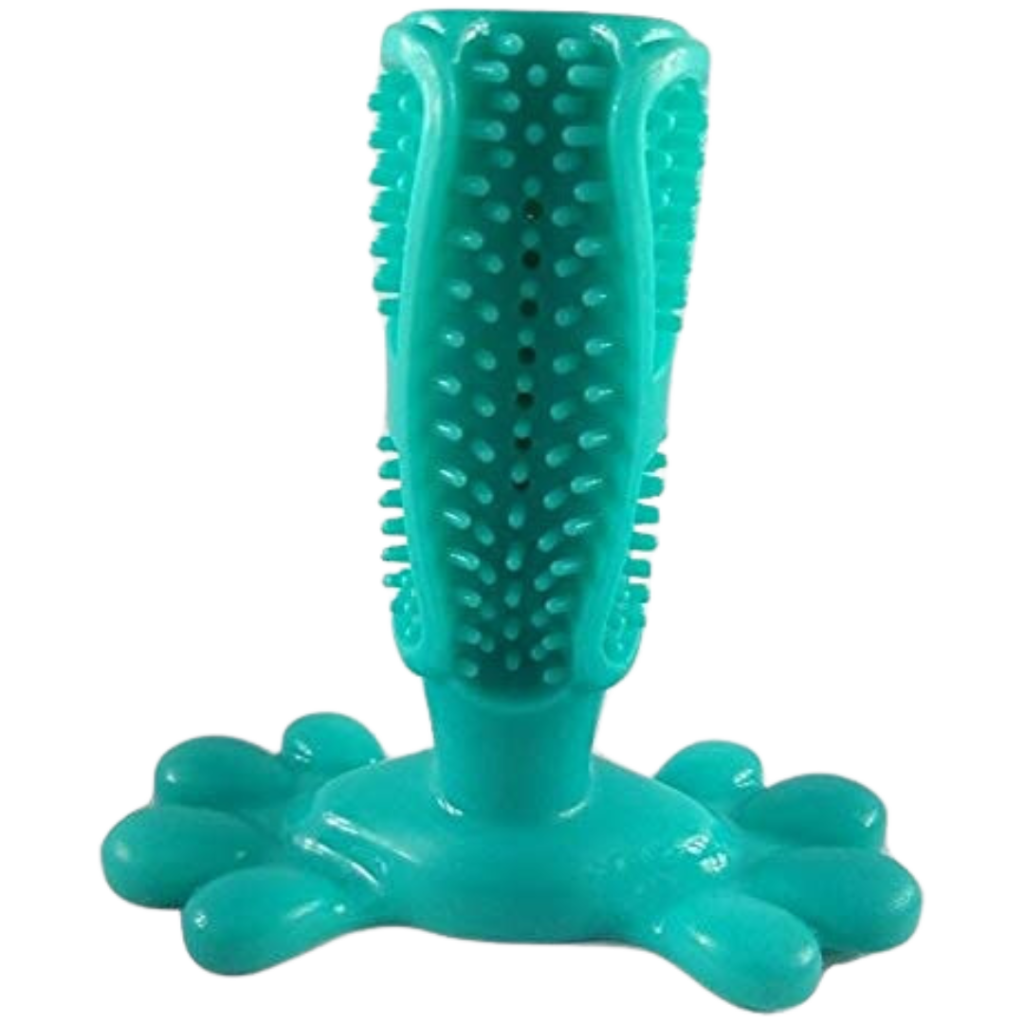Free Shipping On Order Over ₹459
Free Shipping | On Order Over ₹459
Taking care of your pet’s dental health is not just about preventing bad breath; it’s a crucial aspect of their overall well-being. Just like humans, pets can suffer from dental issues that can lead to pain, infection, and even serious health problems if left untreated. In this article, we’ll delve into the significance of dental care for pets and provide you with valuable insights on how to maintain your furry friend’s oral hygiene.

Dental health plays a significant role in the overall health and longevity of your pet. However, many pet owners overlook this aspect of their pet’s well-being until it becomes a serious issue. Just like humans, pets can develop plaque, tartar, and gingivitis if their teeth are not properly cared for. These issues can progress to more severe conditions such as periodontal disease, which can cause tooth loss and even affect vital organs like the heart, liver, and kidneys.
Pets often suffer in silence when it comes to dental issues, making it crucial for pet owners to be vigilant and proactive in detecting signs of oral health problems. Some common signs of dental problems in pets include:

Regular dental care is essential for maintaining your pet’s oral health and preventing dental issues. Here are some key reasons why dental care should be a priority for pet owners:
Routine dental care, including brushing your pet’s teeth and regular dental check-ups, can help prevent the onset of dental disease. By removing plaque and tartar buildup, you can reduce the risk of gingivitis, periodontal disease, and other oral health problems.
Dental issues can cause significant pain and discomfort for pets, affecting their quality of life. By addressing dental problems early on and providing proper dental care, you can help alleviate pain and improve your pet’s overall well-being.
Maintaining good dental hygiene in pets doesn’t just benefit their oral health; it can also have a positive impact on their overall health. Studies have shown that pets with healthy teeth and gums are less likely to develop systemic health issues such as heart disease and diabetes.
By prioritizing dental care for your pet, you can help prolong their lifespan and ensure they live a happy and healthy life. Preventing dental disease and addressing oral health issues promptly can contribute to a longer, more fulfilling life for your furry companion.

Buy Rubber Toy/Dog Teeth Cleaning Stick/Toothbrush/Chew Toy for Dogs
Now that you understand the importance of dental care for pets, here are some practical tips to help you maintain your pet’s oral hygiene:
In conclusion, focusing on Dental Care for Pet is crucial for their overall health and well-being. By comprehending the importance of oral hygiene and implementing proactive measures to uphold your pet’s dental health, you can prevent dental disease, relieve pain, and extend their lifespan. Remember to integrate regular brushing, nutritious diet choices, and routine check-ups into your pet care regimen to ensure they maintain a healthy smile for years to come.
Ideally, you should brush your pet’s teeth at least 2-3 times a week to maintain good oral hygiene.
Dental treats and toys can help reduce plaque and tartar buildup, but they should not replace regular brushing and professional dental cleanings.
Patience and positive reinforcement are key. Start slowly and gradually increase the duration of dental care sessions while offering rewards and praise.
Anesthesia is typically required for thorough dental cleanings in pets to ensure their safety and comfort during the procedure.
Many veterinary clinics offer payment plans or financing options to help manage the cost of dental care. Additionally, investing in preventive measures can help minimize future expenses.
Sign up for newsletter to receive
exclusive offer & discount
Popular Search: pet toys | Dog food |Pet Grooming | Pet Walking Accessories | Cat Teaser Playing Stick | Rope Toy | Cotton Rope Knot Ball Toy | Rubber Bone Toy | Rope Carrot Toy | Food Bowl | Chicken & Mutton Munchie Sticks | Fur Remover from Clothes | Brush Body Scrubber Shampoo Dispenser | Pet Massage Rubber Bath Glove | Nail Cutter Clipper And Filer |